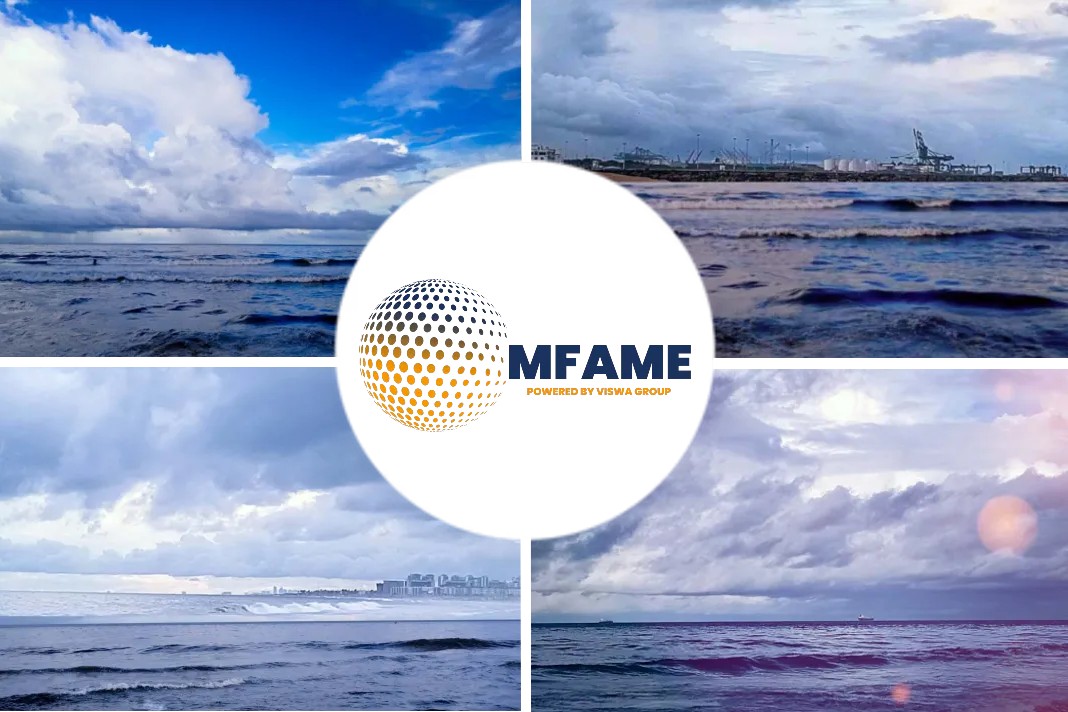Wärtsilä’s future fuel capability efforts voted as a Top 10 innovation for 2020, says a press release published on their website.
Top 10 Innovation for 2020
The technology group Wärtsilä has been selected as one of the Top 10 Innovation winners for 2020 by the Innovation for Cool Earth Forum (ICEF), which is hosted by the Government of Japan.
Wärtsilä’s effort assessed
The award has been given for Wärtsilä’s development work in assessing future fuel capabilities for the shipping and energy sectors, and in particular for the company’s combustion tests using ammonia as fuel.
The award was in the ‘Adoption and Implementation: Commercial potential of the innovation by 2030’ category.
About Top 10 Innovations
Top 10 Innovations is an event to select the most notable among recent innovative developments in energy and climate change mitigation.
The idea is to provide the latest snapshot of technology development and diffusion with the potential to transform society in the fields of energy and the environment.
Fuel-flexible solutions highlighted
Mikael Wideskog, Director, Sustainable Fuels & Decarbonisation, Wärtsilä Marine Power said, “This is a huge honour for the company, and a strong endorsement of our commitment towards enabling sustainable societies with smart technology. If environmental targets are to be successfully met, highly efficient combustion engines using carbon-free fuels will be essential. This award highlights our efforts to bring fuel-flexible solutions to the market.”
Flexibility across engines
Wärtsilä is investigating several hydrogen-based future fuels. The study includes synthetic methane, ammonia, hydrogen and methanol, with a view to providing complete flexibility across engines and the fuel chain.
Internal combustion engines
Internal combustion engines can be adapted to utilise any fuel.
Dual-fuel or spark-ignited engines
Dual-fuel or spark-ignited engines are already capable of operating with fuels such as methane and natural gas in gaseous form from fossil, biomass or synthetic sources.
Diesel engines
Diesel engines can run on liquid biofuels, biodiesel or e-diesel.
As part of its development work in investigating the viability of future fuels, Wärtsilä is carrying out important research and development tests in the company’s testing facilities in Vaasa, Finland.
Carbon-free fuel
Ammonia is a promising, carbon-free fuel as shipping explores how to fulfil the International Maritime Organization’s vision of reducing greenhouse gas emissions from shipping by at least 50% by 2050, while the energy sector is developing optimal paths for 100% renewable energy systems already today.
Although ammonia is derived mainly from fossil sources today, in the future ammonia’s greenhouse gas footprint can be nearly eliminated if it is produced using electricity from renewable sources.
Did you subscribe to our daily newsletter?
It’s Free! Click here to Subscribe!
Source: Wärtsilä

















